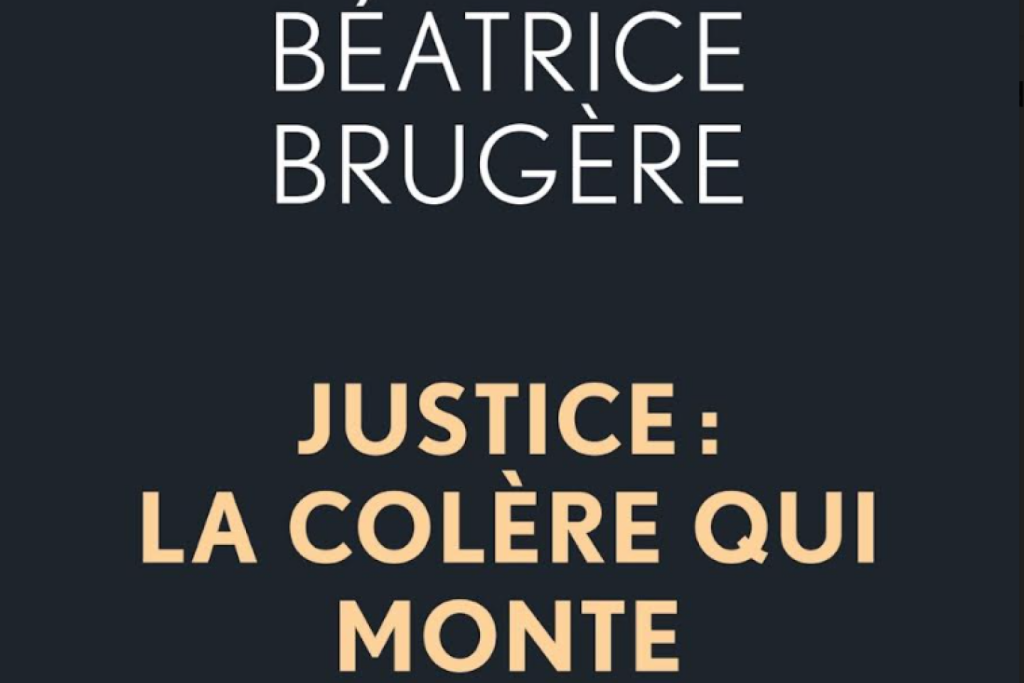In her first essay, Béatrice Brugère, a criminal magistrate for the past twenty years and secretary general of the Unité Magistrats union, affiliated with Force ouvrière, offers a critical analysis of the state of justice in France in her book “Justice: la colère qui monte” (Justice: the rising anger, Editions de l’Observatoire, 286 pages, 22 euros). She paints a picture of a justice system plagued by various crises and proposes several paths for reform, some of which lean towards a more repressive vision. Brugère’s perspective is unique as the voice of syndicates is not often heard in the media.
The book is divided into three main parts, with the first two focusing on the current state of the justice system. Brugère echoes criticisms raised by the “tribune des 3,000” magistrates and clerks, as well as the discussions from the States-General of Justice that highlighted a justice system in crisis, despite budget increases and increased recruitment. The author argues that the response to both criminal and civil cases is inadequate, and the system fails to deliver justice efficiently. Brugère also points out a crisis of meaning within the justice system, advocating for a reform of the public prosecutor’s office to enhance their independence and impartiality.
The third part of the book delves into Brugère’s proposals for reform. She suggests a simplification of rules and mechanisms within the justice system, including the creation of a single judicial order, contrary to the tradition that separates judicial and administrative jurisdictions in France. Brugère also argues for the establishment of a single Supreme Court, merging the functions of the Cour de cassation, the Council of State, and the Constitutional Council. Her ideas aim to streamline and improve the efficiency of the justice system by restructuring its organization.
Brugère’s stance on criminal justice is particularly noteworthy. She advocates for a tougher response, emphasizing the need to “rehabilitate sanctions” and proposing the implementation of very short sentences, as short as fifteen days, for initial offenses. She believes that these short-term penalties would have a strong deterrent effect against recidivism. Her proposals are bold and may spark debate within legal circles and beyond, as she seeks to address fundamental issues within the French justice system.
Overall, Brugère’s book presents a stark assessment of the French justice system, highlighting its shortcomings and proposing radical reforms to address the challenges it faces. Her views on the need for simplicity, independence, and efficiency in the justice system offer a fresh perspective on how to tackle the complex issues that plague the system. As a seasoned legal professional and union representative, Brugère’s insights carry weight and provide valuable insights into the current state of justice in France and the possible paths forward for reform.


